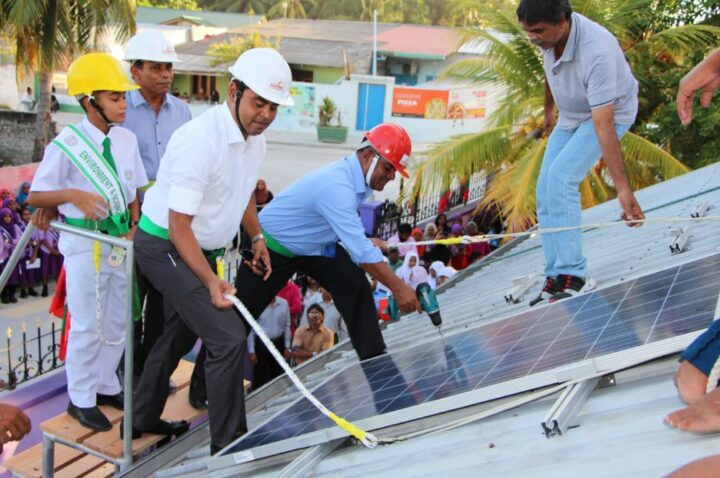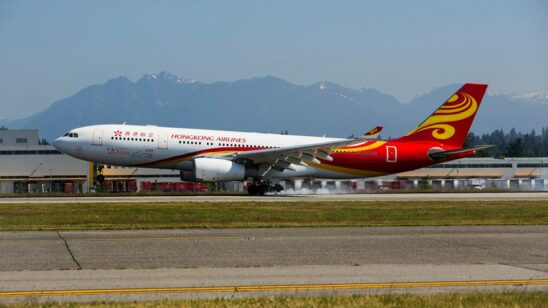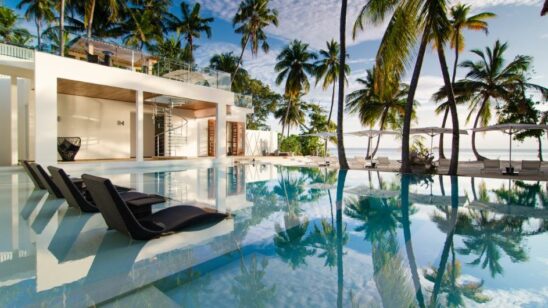
Exclusive: Thoriq Ibrahim, Minister of Environment and Energy
In this exclusive, Hotelier Maldives sits down with Thoriq Ibrahim, the Minister of Environment and Energy, to go over key issues surrounding environmental protection and sustainable tourism. Thoriq shares his thoughts on renewable energy, safeguarding biodiversity and efficient waste management. Our cover story, Sustainable technologies: where science can help, features on a wide range of topics related to sustainability and how such practices are making inroads in the Maldives.
Hotelier Maldives: How do you see the interplay between tourism development and sustainability?
Thoriq Ibrahim: I’d say from the very beginning our tourism industry has been mindful of the environment. Since the 90s, when resort development kicked into high gear, developers had to do an environmental impact assessment to see the kind of impact resort development will have on the island’s environment.
Also, since the mid-90s, every resort is required to have certain conditions in place before it opens up for business. For example, each island has to have a sewerage treatment plant so that there won’t be an environmental impact from discharging its waste into the sea. As tourism grew more mature and with big international brands entering the market, we’ve observed improved standards, like reducing plastic usage, recycling, using more energy efficient machinery, environmental awareness programmes, and so forth.
At the end of the day, we have to keep in mind that our economy depends greatly on our environment. Our environment is what we offer the visitors. Its protection has and should continue to be a priority.
HM: We’ve seen growing interest in renewable energy in the resort sector. Gasfinolhu is one such example, and more are warming up to the idea. What are your thoughts on this?
TI: We encourage the use of renewable energy through policies like exempting such equipment from import duty. Renewable energy is the way forward; using energy sources like solar power will lessen our dependency on diesel and also contribute economically to resorts, which is a major reason why we encourage to increase the use of renewable energy in the energy mix. So resorts will ultimately become low-carbon developments, and that’s what we wish for all resorts in the country.
As you know, a number of resorts are using solar energy to supplement their energy needs. Gasfinolhu is almost entirely solar-powered, and if more resorts follow that course, we’d be an example to the rest of the world. Also, we have 186 inhabited islands in the Maldives and one of our projects is to generate 30 percent of the daytime power requirements for each of these islands through renewable energy, especially from solar energy. That’s an area we’re working on and over the last three years. As of today, the total installed capacity of renewable energy (using solar power) is 6 Megawatts and installation of 5 Megawatts is ongoing on 50 islands.
HM: Can you speak a bit about the importance of having biosphere reserves and the sort of impact they have on tourism?
TI: Biosphere reserves are very important, especially for tourism and also for people who live in that area. It’s about protecting and preserving a certain area for the future and using the resources sustainably. The Baa Atoll Biosphere reserve has become a UNESCO designated biosphere reserve.
We have nine core areas there. Hanifaru Bay is one such area, famous for its huge manta ray congregations. Today, we have over 40 marine protected areas in the country and we’re carrying out detailed surveys of them to devise a management plan. We planned to have more protected areas in the future.
HM: Like you said earlier, some resorts are managing their waste quite well through reuse and recycling programmes. Are there lessons we can learn from them for implementation on a grander scale in the country?
TI: One of President Abdulla Yameen’s policies is to have proper waste management throughout the Maldives. In 2015, we came up with the first comprehensive waste management policy, and we’re going to have Island Waste Management Centres on every inhabited island. We will conduct training for people and councils, and provide them with necessary equipment.
On top of that, we’ve divided the country into seven regions and each region will have a Regional Waste Management Centre with sorting facilities and incinerators. Whatever waste that’s not handled by the islands will be transferred to these regional centres. We’ve already opened up one such centre in Vandhoo Island of Raa Atoll. The whole island is developed and designed to handle waste properly, with state-of-the-art landfill facilities.
Hopefully, not only resorts but inhabited islands too will be able to handle waste efficiently and this will lead to better, safer, healthier environments. I’d also like to add that one of the biggest issues we face at the moment is the issue of ocean plastics. It’s a global issue, it’s not something we generate. But we’re also trying to see how we can reduce the amount of plastic going from our islands into the ocean. We have now started a national campaign to reduce ocean plastics.






